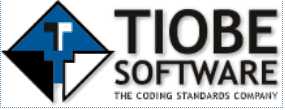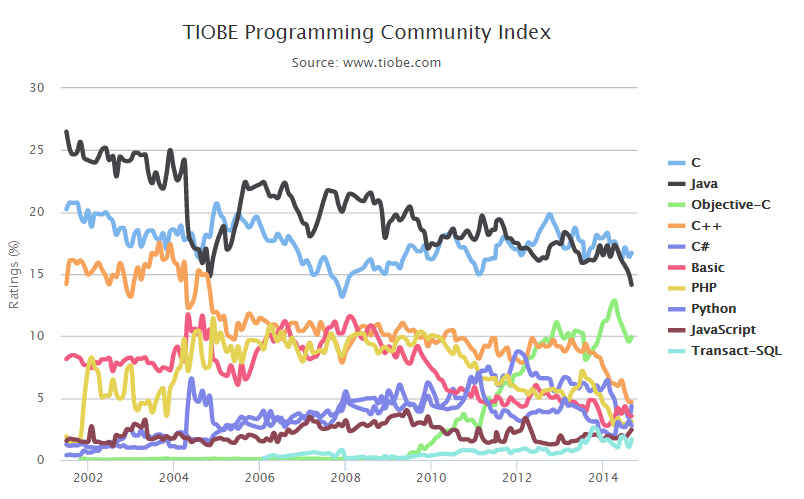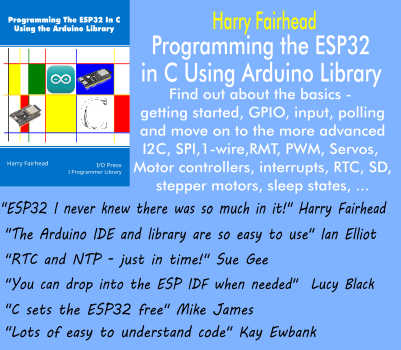| Java And C++ At All Time Low |
| Written by Mike James | |||||||||||||||||||||||||||||||||||||||||||||||||||||||||||||||||||||||||||||||||||||||||||||||||||||||||||||||||||||||||||||||||
| Thursday, 11 September 2014 | |||||||||||||||||||||||||||||||||||||||||||||||||||||||||||||||||||||||||||||||||||||||||||||||||||||||||||||||||||||||||||||||||
|
Yes it's the TIOBE index again, but before you dismiss it as nonsense consider the relative changes in the most popular languages. Something is afoot! The TIOBE index has lots of problems. So many that some simply deny that it is measuring anything worth measuring. It ranks languages, roughly speaking, by how much search traffic they generate. Of course, if a language is perfect and you never have to ask a question about how it works then it ranks low. Similarly, an old but very popular language might have exhausted all of the obvious FAQs and hence rank lower than it deserves. A new language, on the other hand, might well generate a burst of questions about how to get started and hence rank high at first and then rank lower as everything settles down. The key here is "settles down". The TIOBE index has its flaws but it has face validity in the sense that mostly it corresponds to what we think about language popularity. It has its anomalies, but these are easy to detect and mostly easy to explain. What is interesting this month is that Java and C++, two very mature languages, have fallen to all-time lows. To be exact they are now at their lowest since the index started in 2001.
There is no need for panic however as Java is still the number 2 language and C++ is number 4. Now we come to the puzzling part. The language that has topped the list is C which is, of course, the "base" language for C++. Is it that the father of C++ is growing in popularity? Is the simplicity of a non-object oriented language too much to resist? No it is none of these things. If you look at the chart you will see that it isn't a matter of the rise of C but the decline of C++ and Java that is responsible for the change. The "interest" in C has been more or less static over time and Java and C++ have come down to meet it. It is particularly interesting that both Java and C++ have taken downturns since the start of the year. Can we read anything into this?
One interesting way of getting some additional insight is to look at what seems to be getting more and less popular over time. This is a subjective report and no R squareds were hurt in this process. It is clear that Java, C++, Basic,C# and PHP are all falling, at least in recent times. JavaScript and C seem to be mainly flat. Python has been on the increase for some time, but now suddenly seem to have taken a dive. The only language that shows strong growth is Objective C. So, as the TIOBE index calculated as a percentage, the others have lost out because Objective C has muscled in. This probably represents the rise in the importance of iOS as a profitable development target more than it does any inherent qualities of the language. If you want to program iOS you have to use Objective C or its new companion Swift, which has entered the to9p 20 at 18th with 0.85%. It will be interesting to see what happens when Swift has had time to settle down. A bit lower down the table we have an interesting result. TIOBE has finally separated classic VB from VB .NET and the two are very close at 1.5% and 1.3%. TIOBE also has data on the next 50 programming languages and it is interesting to note that top of that list are R and SAS - two statistical languages. Check out the full chart to find out where your favourite language sits.
More InformationTIOBE Index for September 2014
Related ArticlesObjective-C Overtakes C++ in TIOBE Index
To be informed about new articles on I Programmer, install the I Programmer Toolbar, subscribe to the RSS feed, follow us on, Twitter, Facebook, Google+ or Linkedin, or sign up for our weekly newsletter.
Comments
or email your comment to: comments@i-programmer.info |
|||||||||||||||||||||||||||||||||||||||||||||||||||||||||||||||||||||||||||||||||||||||||||||||||||||||||||||||||||||||||||||||||
| Last Updated ( Thursday, 11 September 2014 ) |







